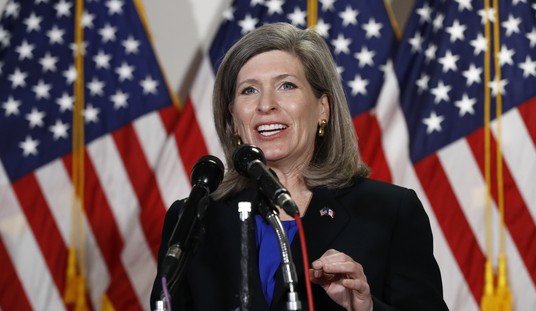Out in Los Angeles, they’re not only dealing with a homelessness crisis but a significant lack of affordable housing for those who aren’t very wealthy. As usual, the local Democrats have been working hard to come up with a plan to combat that problem as well. One “issue” that’s come to the attention of the City Council is the Hillside Villa Apartments. For three decades, the complex has offered a number of units at rates well below market value, providing a great deal for those lucky enough to get one. This arrangement was part of deal worked out with the city when the building was first acquired by the present owner, Tom Botz.
But that deal expired last summer, meaning that the rent on those units should have gone up to the same rate being charged for the other apartments. This has made the tenants, along with some members of the City Council unhappy, so they’re working on a plan to remedy the situation. How? Simple. By seizing Mr. Botz’s property and running it themselves. (Reason)
Los Angeles politicians will make housing affordable, by force if necessary.
On Friday, City Councilmember Gil Cedillo introduced a motion that asks city staff to draft plans for using eminent domain to seize Hillside Villa Apartments, a 124-unit, privately-owned development in the city’s Chinatown neighborhood to avoid rent increases at the property.
The property is currently under an affordability covenant that requires its owner to rent out a number of its units at below-market rates. That covenant is set to expire soon, meaning rents on some 59 units will increase to market rates—which means rent hikes of up to $1,000 per unit.
At least Mr. Botz has been able to keep his sense of humor about this, so far, anyway. He’s quoted in the article as saying, “I think it’s a brilliant idea but I need to know: Are we in Cuba or Venezuela?”
Good question, Tom. It’s hard to tell sometimes when you’re talking about the state of California, isn’t it?
The reason that the rental units were being offered below market cost for all these years isn’t in dispute by anyone. When Botz originally acquired the property he applied for and received a set of government grants and loans to help finance it. But that money was approved on the condition that a certain number of apartments would be offered at discount rates for thirty years. Mr. Botz has honored those conditions and continued the practice over the course of his ownership.
But that period ended in June of last year, however. And when it expired, the requirement to offer those units at below-market rates did as well. And it doesn’t appear that there was any condition in the original contract saying he had to do this “for thirty years unless the government comes and steals your real estate.” Being a businessman, Botz wants to realize the best return on investment possible. He gave notice to the tenants in those units that they would need to leave, but they went to court and sued him over the eviction notices. A compromise agreement that was proposed later fell through.
In a more sane version of America, eminent domain wouldn’t even be an option here. The government is only supposed to be able to take your property “for public use.” Those apartments will not be available to “the public” except for the people with their names on the lease. But thanks to the disastrous Supreme Court ruling in Kelo v. City of New London, Los Angeles might actually get away with this.
Assuming the city offers Botz some cut-rate price for his apartment complex and seizes it, he will, of course, be able to challenge them in court. But after Kelo, the meaning of “public use” was completely redefined to mean “public benefit,” including turning over the land to other private interests if need be. In this case, the city might maintain control and ownership of the property to operate as low-income housing. But, again, unlike a road or a water treatment plant, that doesn’t benefit the entire public, but rather just the people who take up residence there.
Still, in the post-Kelo era, “public benefit” can be interpreted as almost anything, so Los Angeles might just give Botz the boot and run the property (likely into the ground) themselves. If the city wants more low-income housing to be managed by the municipality, they should either purchase properties that are being offered on the market at a fair price or build new developments on public land. Going this route truly does smell more of Cuba or Venezuela than America.








